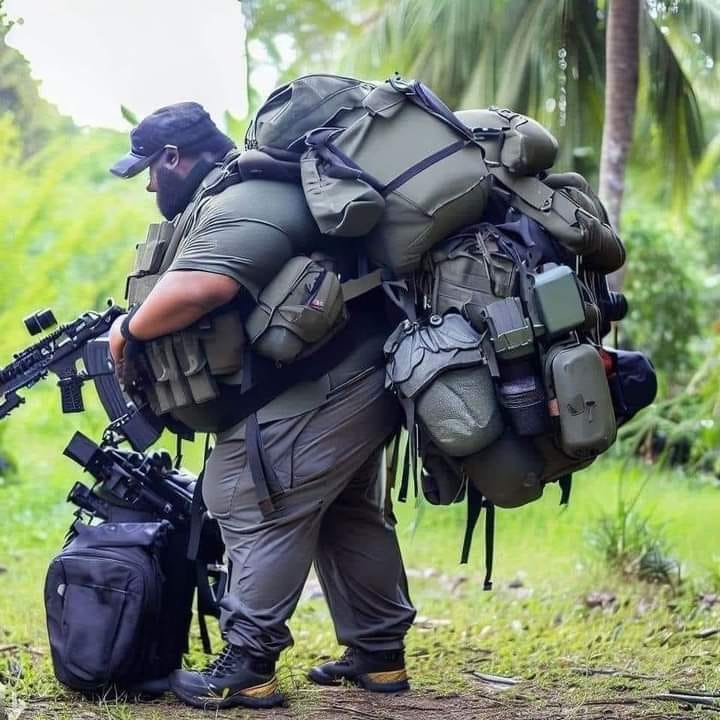
A hurricane almost reached my house once.
I was just discussing it with my neighbor yesterday.
The weather forecasts were dire, warning us of potentially catastrophic damage.
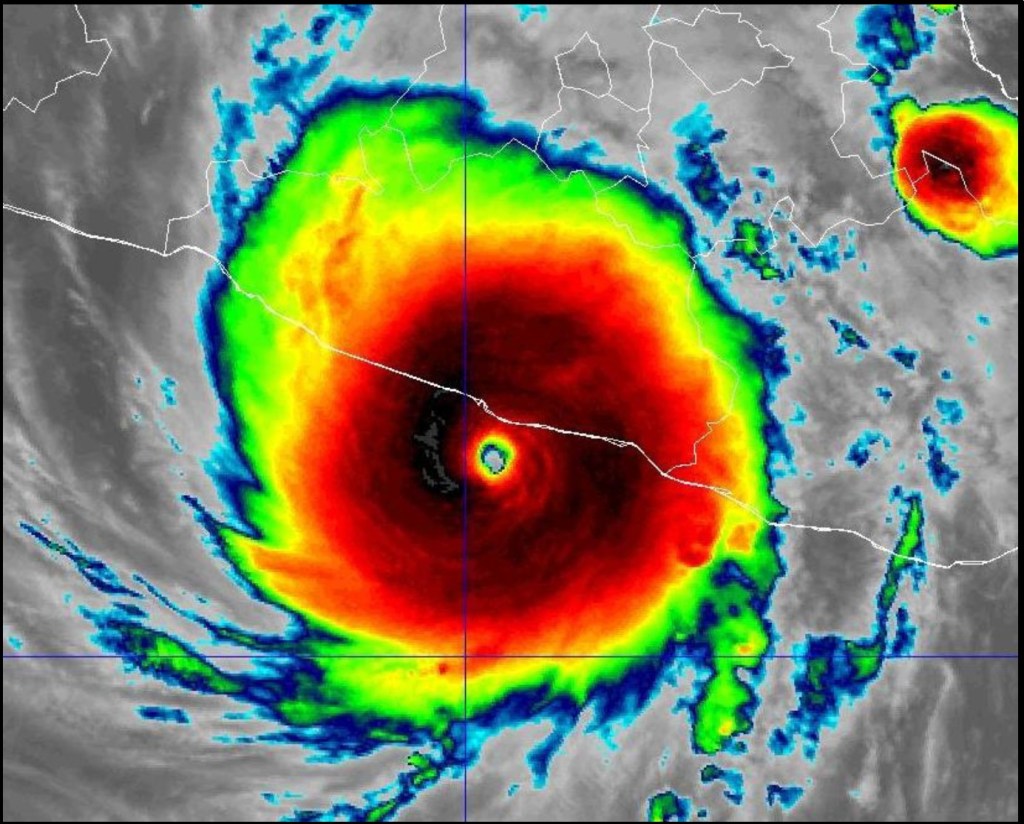
So I didn’t waste any time.
I quickly secured my house and stocked up on essential items.
As fate would have it, the hurricane changed course at the last minute, and our town was spared from its wrath.
My neighbor chuckled as he recalled my diligent preparations, suggesting that everything was a waste since the storm didn’t hit.
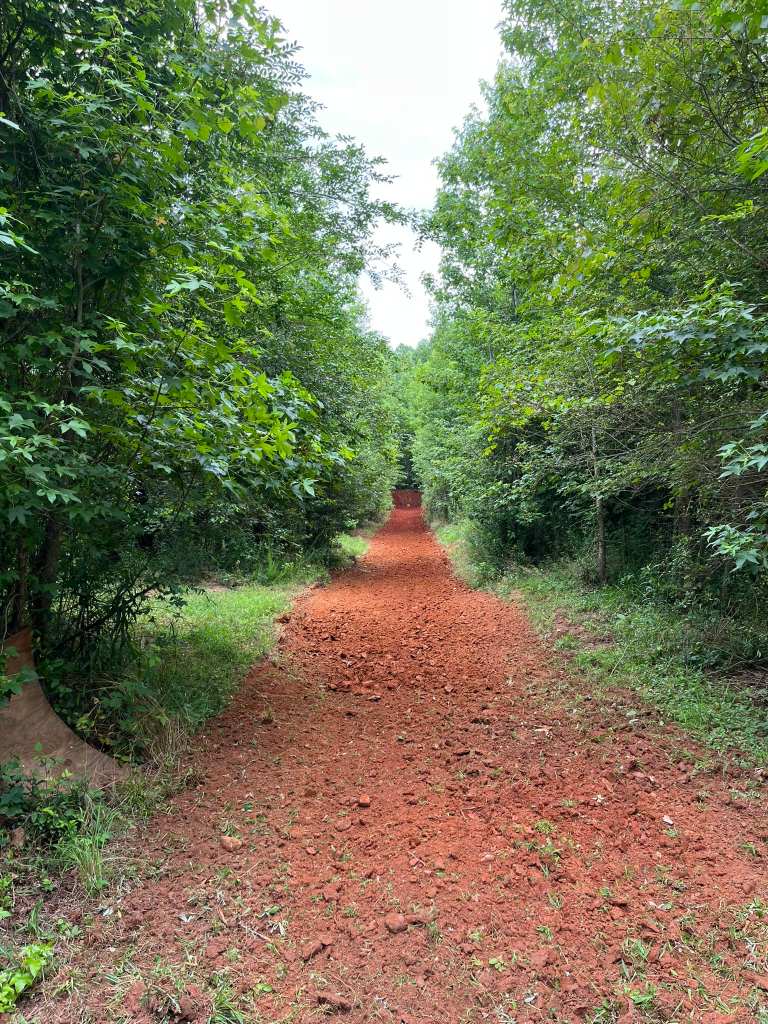
But was it, really?
Upon reflecting on the situation, I realized that even though the hurricane didn’t reach my house, I gained something invaluable from my preparations. Peace of mind.
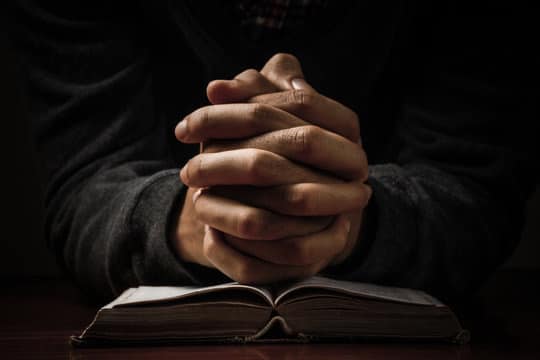
You see, while everyone else was frantically scrambling and praying that the storm went away…I didn’t have to.
I knew I had done everything in my power to keep my family safe.
And I remained calm.
That, folks, is the true value of prepping.
When we invest in emergency preparedness, we’re not just planning for worst-case scenarios; we’re investing in our own mental and emotional well-being.

It’s like having a safety net for our minds.
Sure, it’s easy for my neighbor to laugh at my hurricane preparations in hindsight.
But in the moment, when the threat felt real, I knew I was ready for whatever Mother Nature had in store.
Plus, thanks to that, I know I am ready for when a real storm strikes our house.
And I am proud to say I can protect my family when that time comes.
So the next time someone tells you that prepping is a waste of time, remember this:

The peace of mind you gain from knowing you’re ready for anything is worth every bit of effort you put into it.
Besides, in a world full of uncertainties, who’s to say when the next storm might strike?
We can’t predict the weather, but we can certainly be ready for it.
The Answer To “Prepping Overwhelm”

If there’s one thing that everyone agrees about when it comes to prepping.
It’s that your “to-do” list doesn’t ever end.
One month you’re planting crops to ensure a bountiful harvest during the summer
And the next you’re gathering wood to prepare for the winter.

With so many different things to do, and variables to consider, how can you keep track of everything? And how can you measure your progress?
Well, this is why I recommend that everyone keeps a weekly prepping journal.
Before you roll your eyes and think, “Not another chore, Paul,” hear me out.
This isn’t just another task to add to your endless to-do list.
This is about having a clear, well-recorded journey of your survival prepping efforts.
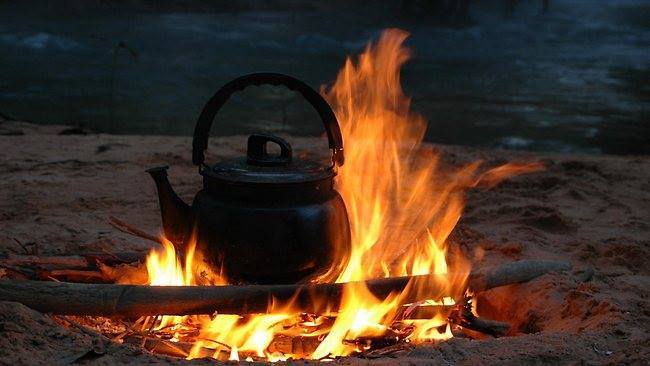
It’s about acknowledging every little victory along the way. And most importantly, it’s about the progression.
Imagine this. You’ve been working on your skills, stockpiling resources, and making your house more secure.
But as the weeks go by, you don’t have a tangible way to gauge how far you’ve come.
You don’t know which area to focus on next, or which area needs more improvement.
This is very easily solved with a brief journal.
Take a few minutes at the end of every week to jot down what you’ve done towards your emergency readiness.
It could be ”I bought X amount of canned food.”
This doesn’t sound like a lot, but it’s more than what most people do.
Over time, this simple practice will give you a clear view of your journey.
You’ll see not just the biggest milestones but also the little steps you took along the way.
And trust me, those little steps add up faster than you think.
In the past, people used to say that “unexamined lives are not worth living.”
The same goes for prepping.
We need to constantly re-examine our prepping efforts. And we need to know how far we’ve come and where we need to improve.
Journaling might sound boring, but it makes everything easier.
And it takes just less time than most people think.

Why don’t you try it out?